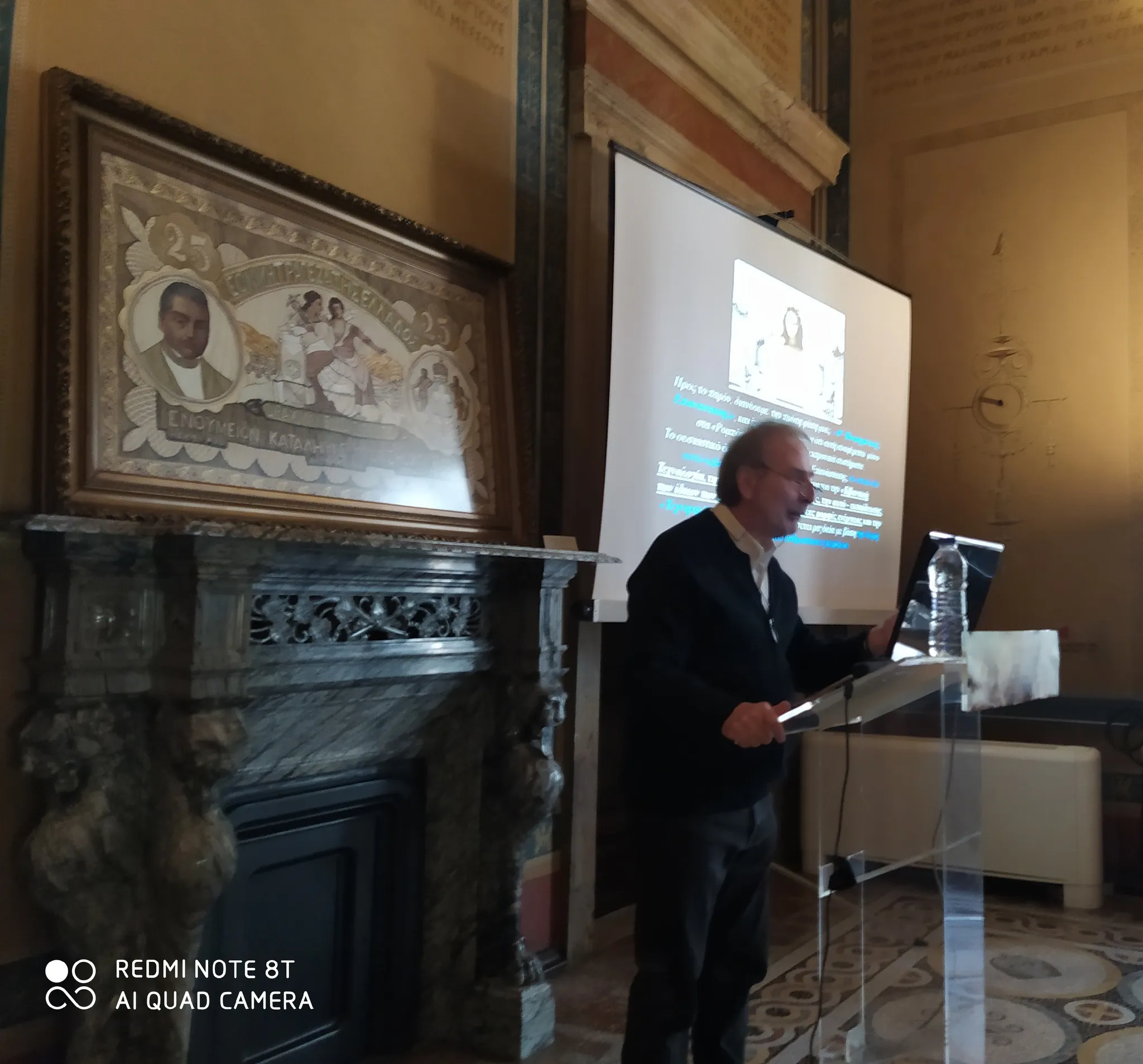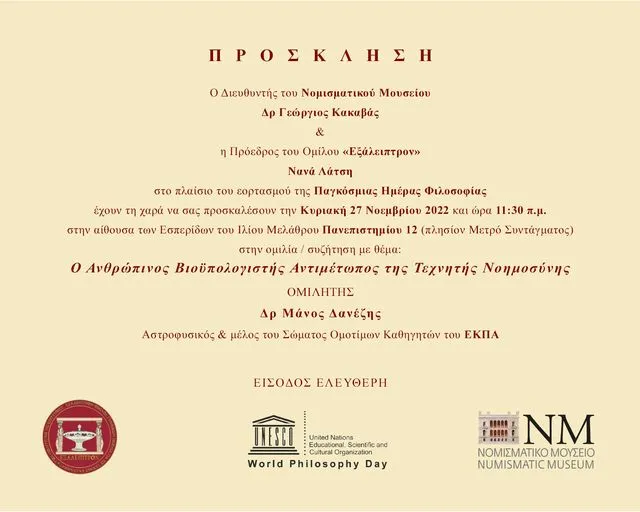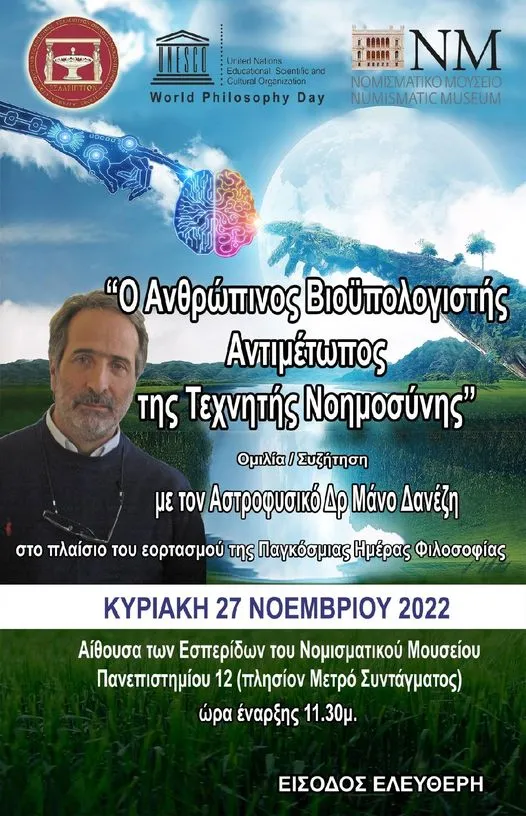The Rose of Paracelsus – by Jorge Luis Borges
In his workshop, which took the two rooms of the basement, Paracelsus begged his god, his indeterminate god, any god, to send him a disciple. It was dark. The pale fire of the fireplace cast irregular shadows against the wall. It took him a lot of trouble to get up to light the iron lamp. Paracelsus, distracted by fatigue, foreed his prayer. The night had wiped out the dusty pulpits and the furnace when someone knocked on the door. Half asleep, he got up, climbed the little twisting staircase and opened one of the shutters. There’s a stranger in. He looked very tired, too. Paracelsus gave him a bench, the other one sat and waited. For a while, they didn’t exchange a word.
The teacher was the first to speak.
-I remember faces of the West and faces of the East, he said, not without a certain conceit. But I don’t remember your face. Who are you and what do you want from me?
– My name doesn’t matter, the other one responded. I’ve traveled three days and three days.
nights to come to your house. I want to be your student. I brought you all my
Existing.
He took off a purse and emptied it with his right hand on the table. A lot of gold flutes rolled through. Paracelsus had turned his back on him to light the lamp. When he turned again towards him, he noticed that the stranger’s left hand was holding a rose. The rose worried him.
He leaned over, joined his toes and said:
– While you think I can process the stone that transforms all the elements into gold, you come and offer me gold. But gold isn’t what I’m asking for, and if what you’re interested in is gold, you’ll never be my student.
– I don’t care about gold, the other one replied. Take these peels as proof of my thirst to learn. I want you to teach me art. I want to cross the road leading to the Stone by your side.
Paracelsus said slowly:
– The road is the Stone. The starting point is the Stone. If you don’t understand that, you haven’t started to understand yet. Every step you take is the end.
The other one looked at him skeptically. And he said, emphasizing the words:
– But is there a goal?
Paracelsus laughed.
– My enemies, who are as many as fools, say no, there isn’t, and they call me a crook. I am not right about them, and yet it is not out of the question that all this is nothing more than an illusion. What I do know is that there’s a way.
After a little silence, the other spoke:
– I’m ready to cross him with you, even if it takes years. Let me.
I’m crossing the desert. Let me see at least from afar the Promised Land, even if the stars won’t let me walk it. However, I need a receipt before I go on this trip.
– When did you get here? said Paracelsus with concern.
– Right now, the student said with a sudden determination.
At first the discussion took place in Latin, now in German.
The young man lifted up the rose.
– They say you can burn a rose, and then, thanks to your art, make it reborn from its ashes. Let me see this majesty. That’s all I’m asking, and then I’m going to give you my whole life.
– You’re very gullible, the teacher said. I don’t need trust, I demand faith.
The other insisted.
– But just because I’m not gullible, I want to see with my own eyes the annihilation and resurrection of the rose.
Paracelsus had taken the rose in his hands and played with it as he spoke.
– You’re gullible, he said. Are you saying I’m capable of destroying it?
-Everyone is capable of destroying it, the student said.
– You’re laughing. Do you think anyone can wipe anything out? Do you think the protoplastic Adam in Heaven was able to spoil even one flower, even a grass?
– We’re not in heaven, the young man said stubbornly. Here, under the
Moon, everything is mortal.
Paracelsus was up.
– And where else do you think we are? Do you think God can create a place other than heaven? Or do you think the Fall is something else and not ignoring that we’re still in heaven?
-A rose can burn, the student said defiantly.
– There’s still a fire in the fireplace, Paracelsus said. If you threw that rose on the hob, you’d think the flames destroyed it and that its ashes are real. I’m telling you that the rose is eternal and that only its appearance can change. One word of mine would suffice for you to see it again in front of you.
– A word? said surprised the student. The furnace is off and the pulpits are
covered in dust. What can you do to bring it up again?
Paracelsus looked at him with sadness.
– The furnace is off, repeat, and the pulpits are covered in dust. But I, in the course of a long day, treat more paraphernalia.
– I dare not ask who, said the other with cunning or humility.
– I am talking about the one who took God in his work to make the heavens and the earth and the invisible Paradise, which we are in and which is hidden from us by the original sin. I’m talking about the Word. The one Kavvala teaches us.
The student said coldly:
– I humbly beg you to show me the disappearance and reappearance of the rose. I don’t care if you do it with the paraphernalia or the Word.
Paracelsus thought a little. Then he said:
– If I did, you’d say it’s a vision imposed on you by the magic of your eyes. Miracle won’t give you the faith you’re looking for. So forget the rose.
The young man looked at him, always suspicious. The teacher raised his voice and said:
– After all, who are you to walk into a teacher’s house like that and demand a majesty from him? What have you done to deserve such a gift?
The other responded to him, trembling:
– I know I haven’t done anything. I’m asking you in the name of all those years I’m going to study in your shadow. Let me see the ash and then the rose. I’m not going to ask you for anything else. I’ll believe in the testimony of my eyes.
In a sudden move, he grabbed the flesh-colored rose, which Paracelsus had left on the analogue and threw it into flames. The color disappeared, and soon there was nothing left of the rose but a little ash.
For a moment, which seemed centuries ago, the disciple waited for words and wonder.
Paracelsus was unmoved. And he said, with a strange simplicity:
– All the doctors and pharmacists in Basel claim I’m a crook. Maybe they’re telling the truth. Here lies the ash that was once a rose and will never be again.
The young man felt ashamed. Paracelsus was a charlatan or a simple
a visionary, too, an outsider, had crossed his threshold and now forced him to confess that his notorious magic art was a fallacy.
He knelt down and said:
– I’m unforgivable. I missed the faith the Lord demanded of his zealots.
Let me see the ash again. I’ll be back when I’m stronger and I’ll be your student, and on the side of the road I’ll see the rose.
He spoke with an inaccessible passion, and yet this passion was nothing but the pity caused to him by the old teacher, so venerable and hunted, so famous and, for that reason, so empty. Who was that, Johannes Grisebach, to discover with a sacriler’s hand that there was no one behind the mask?
Leaving the golden flutes would seem like a handout. So he took it back.
Leaving. Paracelsus escorted him to the platform and told him that in that house he would always be welcome. They both knew they’d never see each other again.
Paracelsus was left alone. Before he turned off the lamp and sat in the worn-out armchair, he threw the little ash in his fuchsia and said a low-key word. He put the rose back in the analogy and plunged into silence.
From the pink and blue collection (mtf. Achilleas Kyriakidis), ed. books 1982.















